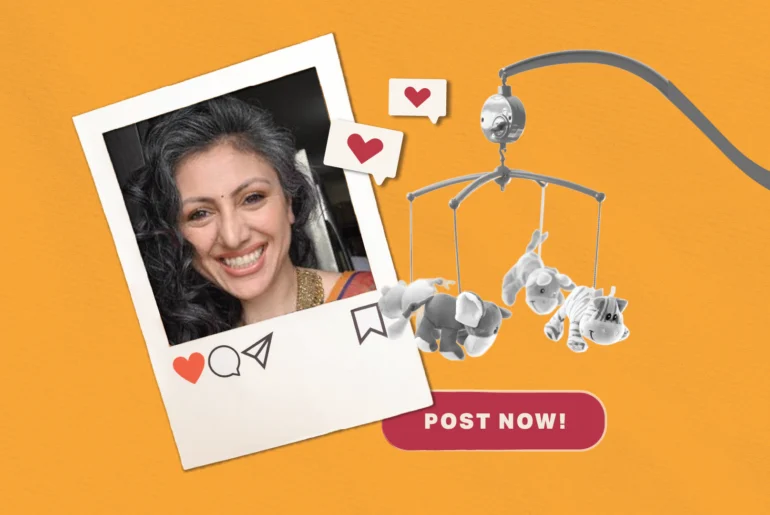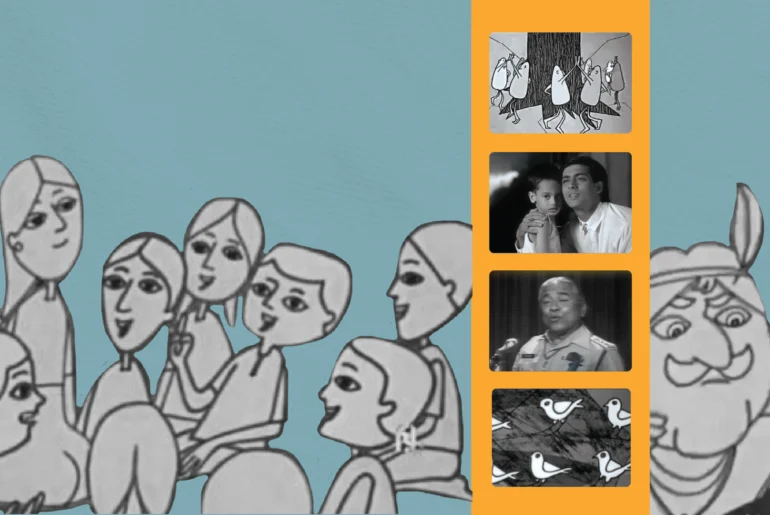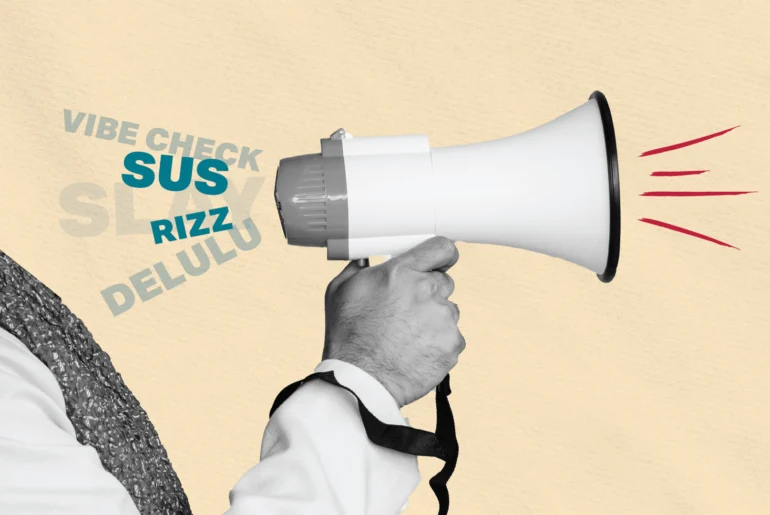A midlife career change can be an exciting and empowering experience. It’s a chance to pursue your passions, find more fulfilment in your work, and explore new possibilities. However, it’s also a period of transition that requires careful financial planning and emotional resilience.
This guide will equip you with the knowledge and strategies to navigate the financial aspects of a midlife career change, while also providing tips to manage the emotional toll that can come with such a significant shift.
The founders of Womoneysta, Neha Singh and Rachana Patel, have provided their invaluable inputs to bring you this article.
Managing expenses while learning new skills
Don’t jump straight into expensive training programs. Explore free resources first! Utilize libraries, online courses, webinars, and even volunteer opportunities to gain knowledge and experience in your new field of interest. Consider free government platforms like Swayam for in-demand skills training.
Maximizing savings and reducing expenses
Transition periods demand frugality. Partner with someone to hold you accountable for spending. Utilize credit card points strategically for discounts or gifting. Review subscriptions and ruthlessly cancel unnecessary ones. This is the time to become a deal-hunting ninja!
Estimating earnings in your new career
Research salaries for similar positions on platforms like Glassdoor. Network with professionals on LinkedIn to understand typical salary ranges based on experience. For freelance work, explore rates on platforms like Upwork and Fiverr to gauge potential income.
Bridging the income gap
Creative solutions can help bridge the income gap. Passive income from existing investments like fixed deposits with monthly payouts, mutual funds with SWPs (Systematic Withdrawal Plans), or high-rated bonds can provide a safety net. Consider creating and selling digital products like e-books, templates, or online courses in your current area of expertise.
Tax implications
If you’re venturing into freelancing or starting a business, understand GST registration and taxable income slabs. Keep detailed records of expenses related to your career transition, as some may be tax-deductible. Consult a tax professional to optimize tax-saving investments during this period.
Long-term retirement plans
Crunch the numbers with a financial advisor or planner to understand how your career change might impact your retirement goals. Explore retirement products with more flexibility, especially if you become self-employed.
Coping with the emotional toll
Mid-life career changes can be emotionally demanding. Surround yourself with a supportive network of family, friends, and mentors. Prioritize self-care through activities that enhance your physical and emotional well-being. Don’t hesitate to invest in a coach or counsellor for professional guidance if needed.
Remember, a midlife career change is a journey, not a destination. With careful planning and emotional support, you can successfully navigate this transition and find fulfillment in your new professional path.
Click here to reach out to Neha Singh and here to reach Rachana Patel.




